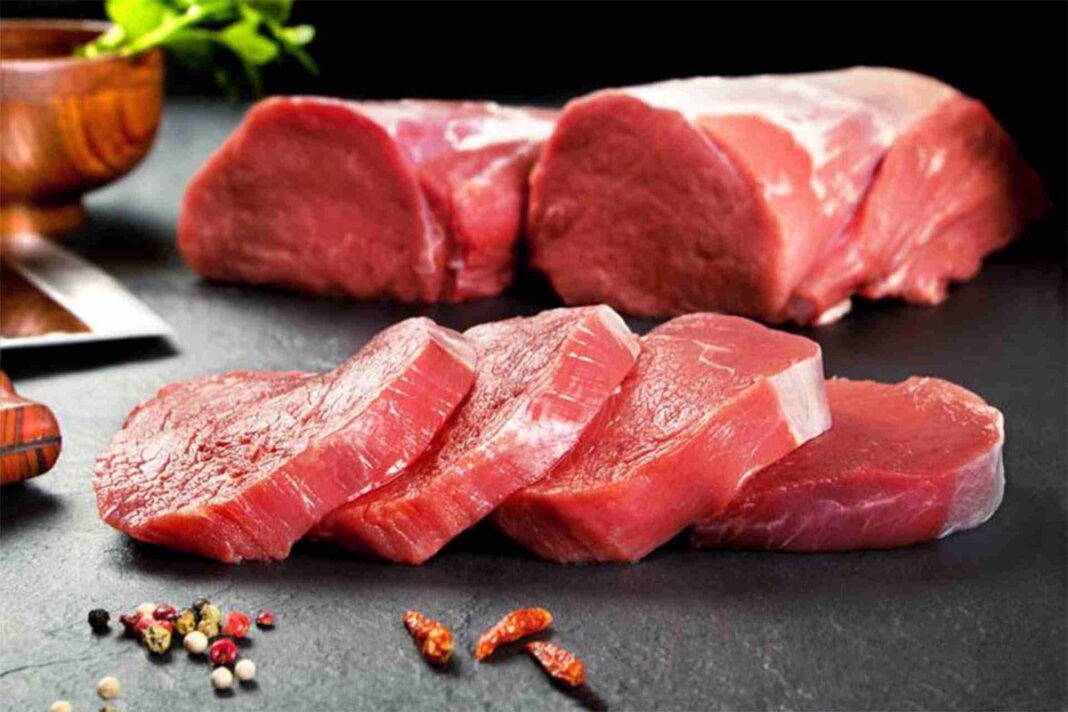IGF-1 For Bodybuilding
Insulin-like growth Factor-1 is a hormone naturally present in the bloodstream of a human. IGF-1 is also referred to as somatomedin C and has a composition resembling insulin. The liver and skeletal muscles are the primary producers of IGF-1.
IGF-1 plays a role in the growth of muscle, bone, and tissue. It also boosts anabolic or metabolism functions in a human’s body.
The role of IGF-1 differs according to an individual’s age. In children, it promotes muscle and bone growth. Whereas in adults it plays a huge role in the metabolism of sugar and glucose.
Insulin-like growth factor-1 also helps in managing growth hormone(GH), which in turn helps in the prevention of disorders such as GH deficiency, gigantism and acromegaly, which are disorders either causing slow growth or abnormal growth that can be seen in both children and adults.
IGF-1 levels in a body can differ from person to person according to the individual’s age. Clinical tests can help determine the level of IGF-1.
In cases where a person has a lower amount of IGF-1 that does not meet the requirements of the human body, supplements are available in proper consultation with an expert.
In case a person has an IGF level higher than the number required in a body, problems such as swelling of the eyes, indigestion of sugar, muscle pain and fatigue can prevail in the body.
Although not accurately proven, some studies even suggest an increased risk of cancer development and a decrease in lifespan.

Why Do Bodybuilders Use IGF?
IGF-1 has been gaining a lot of popularity in the fitness industry as a peptide hormone because of its ability to accelerate the body’s ability to bulk up and build muscles.
IGF-1 is an anabolic hormone that is thought to be vital for the development, repair and maintenance of tissue throughout the body. Besides promoting metabolism, IGF has been used by bodybuilders for benefits such as:
- To reduce the level of body fat
- To achieve more refined and lean muscles
- To improve the texture and quality of skin
- To accumulate muscle mass
- To promote general health and fitness
- To increase energy stabilization and stamina maintanence
Does IGF-1 Make You Stronger?
Insulin-like Growth Factor-1 has been studied in various institutions across the world and the results suggest that IGF-1 does indeed make you stronger. But it comes with a catch.
IGF-1 is a naturally occurring hormone, but because of its ability to act as an anabolic or a hormone with similar effects to testosterone, a lot of bodybuilders are opting to use IGF-1 in their fitness regimen.
And for people who aren’t open to using IGF supplements, many fitness enthusiasts look for ways to naturally increase their IGF level through proper diet and training regiments.
But that being said, IGF-1 can only aid in building strength and muscles. To obtain a properly fit physique, a lot of effort in regard to a balanced diet, exercise, sleep and overall proper lifestyle has to be maintained.

Is IGF-1 Legal to Buy?
IGF-1 as a supplement for bodybuilding has been gaining a lot of popularity in the fitness industry. However, because of the controversy and possible side effects it poses, IGF-1 may not be freely available on the market.
According to the country you are staying in, regulations will be set up regarding its sale. In most countries, IGF-1 can only be obtained after consultation with a licensed medical practitioner.
Due to its popularity, numerous online businesses illegally sell IGF-1 without a prescription and you should be wary not to purchase from these vendors as the usage of these products can lead to various side effects.
Remember that using hormones like IGF-1 without the required prescription and supervision can be injurious to your health.
What Foods are High in IGF-1?
Obtaining foods rich in IGF-1 is not very difficult. In fact, most foods containing insulin-like growth factor can be found in foods present in our everyday lives. Some of the foods high in IGF-1 are:
- Any type of red and white meat, like chicken, beef and pork.
- Eggs
- Dairy products like milk, cheese and yogurt
- Plant-based foods such as chickpeas, lentils and tofu.
- Foods rich in zinc, like shellfish, mushrooms, whole grains, seeds and nuts
- Vitamin-C-rich foods like citrus fruits, broccoli, strawberries, etc.
- Foods containing magnesium, like almonds, bananas, avocado, spinach and chocolate.
How Can I Increase My IGF-1 Naturally?
To begin with, IGF-1 can be naturally found in our body in doses as required by a person’s age. Multiple factors can affect the amount of IGF-1 produced in our body.
Age, deprived sleep, genetics, medical conditions and poor eating habits can lead to lower levels of the IGF-1 hormone, which can cause slow or abnormal growth as IGF-1 is a key factor in managing the growth hormone of the human body.
While IGF-1 is necessary for the growth of a human at every stage, it is important to remember that excessively high levels can also have adverse effects on your health.
Besides eating food naturally containing IGF-1, there are some other alternative ways to increase IGF-1 naturally.
- Exercising can be a reliable way to increase IGF-1 production. Cardiovascular and weight training have the potential to increase growth hormone release as they are directly related to IGF-1 production.
Engaging in regular exercise is another efficient natural way to increase IGF-1 production. Exercise has routinely been shown to boost growth hormone levels. Strength training and aerobic exercise both increase IGF-1 levels and promote the release of growth hormone.
- Sustaining ideal IGF-1 levels requires controlling stress levels and getting enough sleep. Chronic stress and sleep deprivation can interfere with hormone production and negatively affect the production of IGF-1.
The body goes through several restorative processes while you sleep, such as the release of IGF-1 and growth hormone. For the creation of hormones in a healthy manner, 7-9 hours of sleep are considered vital.
- Sauna therapy, a 30-minute sauna session, has been shown to cause a rapid and robust boost in growth hormone levels. There is an age-related decline in growth hormone and IGF-1 levels that has been shown to cause muscle atrophy as well as neuronal loss.



